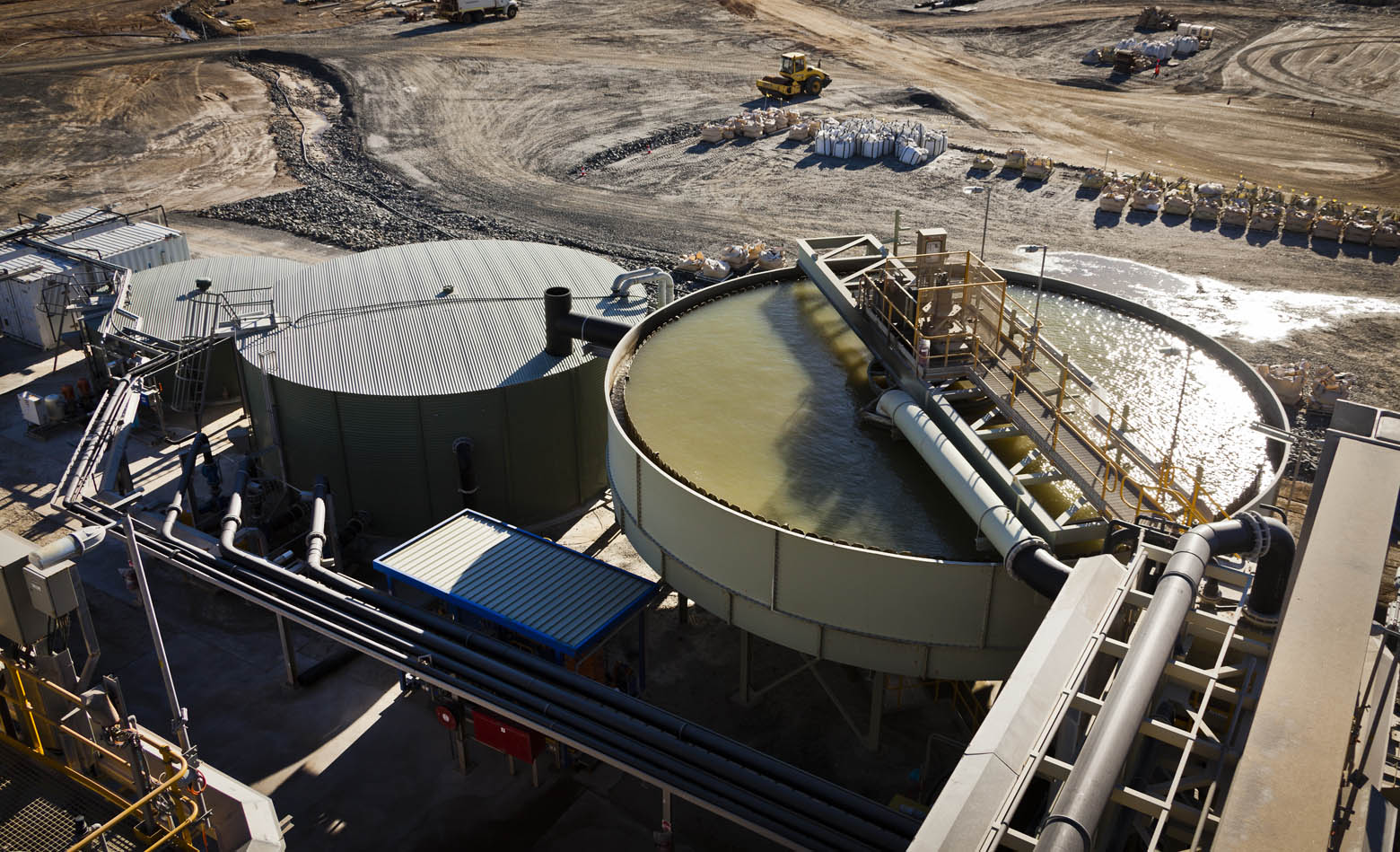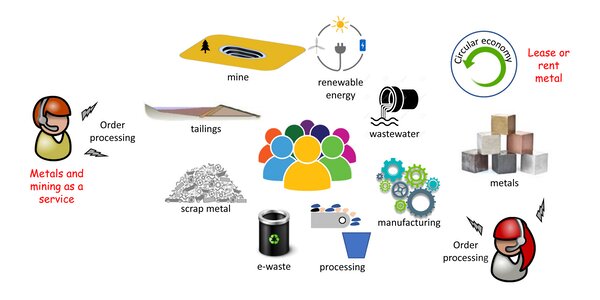11 Dec 2024

Tired Earth
By The Editorial Board

The use of renewable energy systems, such as solar panels, wind turbines, electric cars and hydrogen fuel cells, will minimize greenhouse gas emissions and reduce global warming. But use of these systems has to increase—and they require a lot of metal.
The World Bank estimates that about three billion metric tons of metals like graphite, lithium and cobalt will be needed by 2050 to supply enough systems to keep the global temperature rise below 2 degrees C, a goal of the 2016 Paris Climate agreement. In comparison, only about one billion metric tons of metals would be needed by 2050 to satisfy current usage of renewable energy systems.
Since Canada has abundant resources of most of the metals needed, can it become a global leader in the supply of materials needed for renewable energy systems?
It could, but the increase in the physical, energy and water footprints associated with extraction of these metals to meet the metal demand could negate any gains made by the use of renewable energy systems.
Some say it's not possible to reconcile these two goals and we must make difficult choices and unfair decisions. The alternative is to find ways to adapt to global warming.
But this ignores a few things, such as the technology developments that could reduce the carbon footprint of extraction, the potential of a reorganization of the metal supply chain and the possibility of a closer relationship between society and the metals it uses.
Can we change mining technology to reduce its footprint? There is an active community of researchers that says yes. Here are some current avenues of investigation:
These are big ideas that will take time to fully develop. But we believe that a reorganization of the metal supply chain and better connections between society and the metals it uses can more quickly lead to sustainable metal supply. The first step is to unwrap the mineral resources industry to make it more transparent, visible and available to anyone.

The links in the metal value chain are suppliers who perform different services.
A mining company is one collection of suppliers. But an interesting alternative is a network consisting of several sources of metals such as mines, scrap metal, electronic waste, mine tailings and wastewater—all connected to processing plants, refineries, manufacturers and the related suppliers of materials and services.
Networks within networks are possible, and flexibility is required. One network might specialize in processing tailings to extract metals, another on processing mineral concentrates and another may be solely focused on recycling metals from scrap. Ownership and operation of any part of a network would be open to a company, group or community that has the knowledge and expertise.
Most innovation in the mining industry takes place among suppliers, and the presence of different suppliers in a network would be advantageous. A combination of competition among suppliers to take part in a network, and collaboration among suppliers in those networks, would promote innovation.
Many opportunities exist for the public to contribute to a flexible open metal supply network. Barriers to entry do exist, but they aren't insurmountable, and there are advantages to removing them.
For example, in Canada, many mineral deposits are located on Indigenous lands. Parts of a network related to these mineral deposits could be operated/financed by a mining company or group of companies owned by an Indigenous community.
Some of the metals needed for renewable energy systems reside in small deposits that are geographically dispersed. Rare earth metals used in the magnets of motors in electric cars are one example. It's too expensive to develop a mine for these deposits, but a flexible open network that uses services only as needed might be able to do economically.
Recycling is another source of metals, but the combinations of materials in some products makes it difficult to separate the metals in them.
This calls for some innovation in processing. But the logistics of recycling are cumbersome, especially for clunky items containing metals such as an aircraft engine, an electric car or a few thousand disk drives. An open network that includes communities and logistics specialists in partnership with advanced recycling operations could be a sustainable source of metals.
Reuse or refurbishment of devices that contain metals is also possible as part of the circular economy. Co-ordination between device users and manufacturers would be required. But an open network of partnerships can accomplish this.
If we want to use renewable energy to keep the atmosphere cool, then mining processes and our current relationship with metals must change. Governments should implement policies that encourage those changes. Industry can also contribute by encouraging business partnerships and engagement with communities and other interested parties.
Source : techxplore.com
Comment